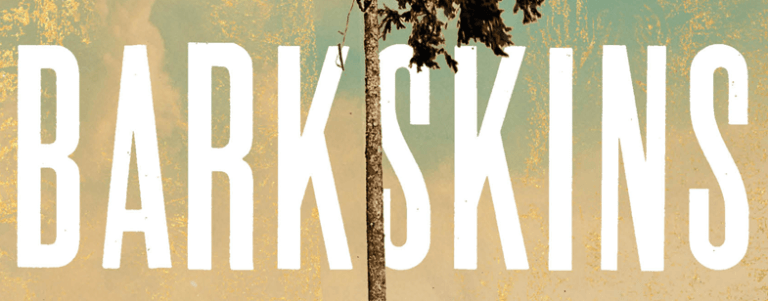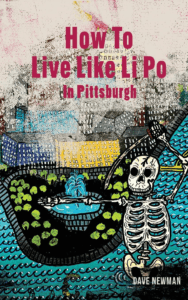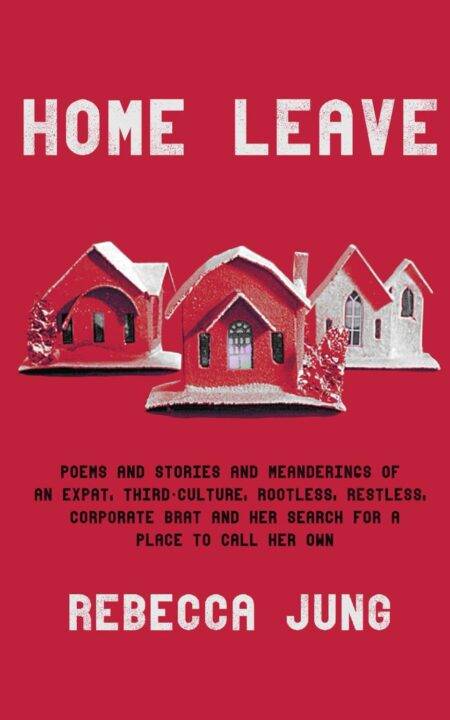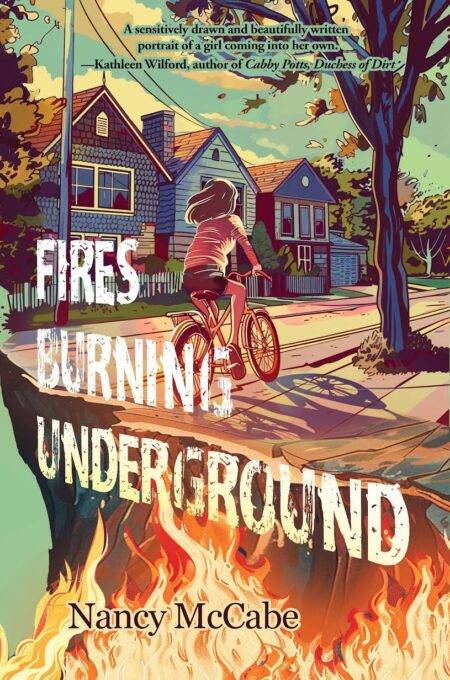From the Pulitzer Prize and National Book Award-winning author of The Shipping News and “Brokeback Mountain” comes the New York Times bestselling epic about the demise of the world’s forests: “Barkskins is grand entertainment in the tradition of Dickens and Tolstoy… the crowning achievement of Annie Proulx’s distinguished career, but also perhaps the greatest environmental novel ever written” (San Francisco Chronicle).
Don’t miss out: Proulx will be at the Carnegie Music Hall on April 20th for a special event presented by Carnegie Museums of Pittsburgh in partnership with Pittsburgh Arts & Lectures as part of Strange Times, a Carnegie Nexus series.
“By drilling deep into the woods that enabled this country to conquer the world, Proulx has laid out the whole history of American capitalism and its rapacious destruction of the land.” – The Washington Post
“Annie Proulx is on the side of the angels. We need more writers like her to hammer home the message that we had better stop mistreating one another and our planet.” –The New York Times
Trépagny
In twilight they passed bloody Tadoussac, Kébec and Trois-Rivières and near dawn moored at a remote riverbank settlement. René Sel, stiff black hair, slanted eyes, yeux bridés—in ancient times invading Huns had been at his people—heard someone say “Wobik.” Mosquitoes covered their hands and necks like fur. A man with yellow eyebrows pointed them at a rain-dark house. Mud, rain, biting insects and the odor of willows made the first impression of New France. The second impression was of dark vast forest, inimical wilderness.The newcomers, standing in the rain waiting to be called to make their marks in a great ledger, saw the farmers clumped under a sheltering spruce. The farmers stared at them and exchanged comments.
At his turn René made not only an X but the letter R—marred by a spatter of ink from the quill—a letter which he had learned in childhood from the old priest who said it was the beginning of René, his name. But the priest had died of winter starvation before he could teach him the succeeding letters.
Yellow Eyebrows regarded the R. “Quite the learned fellow, eh?” he said. He bawled out “Monsieur Claude Trépagny!” and René’s new master, a shambling, muscular man, beckoned him forward. He carried a heavy stick like a cudgel. Drops of rain caught in the wool of his knitted cap. Thick brows couldn’t shadow his glaring eyes, the whites so white and flashing they falsely indicated a vivacious nature. “We must wait a little,” he said to René.
The damp sky sagged downward. They waited. Yellow Eyebrows, the deputy whom his new master called Monsieur Bouchard, again bawled “Monsieur Trépagny!” who this time fetched a familiar; Charles Duquet, a scrawny engagé from the ship, a weakling from the Paris slums who during the voyage often folded up in a corner like a broken stick. So, thought René, Monsieur Trépagny had taken two servants. Perhaps he was wealthy, although his sodden droguet cloak was tattered.
Monsieur Trépagny tramped up the muddy path toward a line of black mist. He did not so much walk as hurl himself along on his varied legs, one limber, one stiff. He said “Allons-y.” They plunged into the gloomy country, a dense hardwood forest broken by stands of pine. René did not dare ask what services he would be performing. After years of manly labor chopping trees in the Morvan highlands he did not want to be a house servant.
In a few hours the sodden leaf mold gave way to pine duff. The air was intensely aromatic. Fallen needles muted their passage, the interlaced branches absorbed their panting breaths. Here grew hugeous trees of a size not seen in the old country for hundreds of years, evergreens taller than cathedrals, cloud-piercing spruce and hemlock. The monstrous deciduous trees stood distant from each other, but overhead their leaf-choked branches merged into a false sky, dark and savage. Achille, his older brother, would have gaped at New France’s trees. Late in the day they passed by a slope filled with shining white trunks. These, said Monsieur Trépagny, were bouleau blanc, and the sauvages made houses and boats from the bark. René did not believe this.
The big trees made him think again of his brother Achille, a flotteur who had spent his brief years plunging in and out of the cold Yonne, guiding logs down the river. He had been powerful, immune to the water’s chill, had worked until a log with a broken limb sharpened and polished to a spear by the friction of its travels, had pierced his bladder, carrying him along like a gobbet of meat on a spit. René now wore his brother’s underwear and wool trousers and his short coat.__He wore Achille’s sabots, though a barefoot life had given him callused feet tough as cow hooves, hardened against French cold. In this new world he would learn the cold was of a different order.
The engagés, dizzy with the narcotic effect of deep forest, stumbled on sprawling spruce roots. Bébites assailed them, minuscule no-seeums like heated needles, blackflies with a painless bite that dispersed slow toxins, swarms of mosquitoes in such millions that their shrill keening was the sound of the woods. At a bog Monsieur Trépagny told them to smear mud over their exposed skin, especially behind the ears and on the crown of the head. The insects crept through the hair and stabbed the scalp. That, said Monsieur Trépagny, was why he wore a tuque in this damnable country. René thought an iron helmet would be a better choice. Monsieur Trépagny said the sauvages made a protective salve from spruce needle oil and animal fat but he had none. Mud would do. They walked on through the dim woods, climbing over mossy humps, passing under branches drooping like dark funeral swags. The engagés’ legs, weakened by the long ocean voyage, cramped with fatigue.
“How big is this forest?” asked Duquet in his whinging treble voice. He was scarcely larger than a child.
“It is the forest of the world. It is infinite. It twists around as a snake swallows its own tail and has no end and no beginning. No one has ever seen its farthest dimension.”
Monsieur Trépagny stopped. With his stick he smashed out dry spruce twigs at the base of a tree. From beneath his cloak he took a fire bundle and made a small blaze. They crouched around it, stretching out their purple hands. He unfolded a cloth wrapping revealing a piece of moose meat, cut pieces for each of them. Famished, René, who had only hoped for bread, bit and tore at the meat. The grey mosquitoes hummed at his ears. Duquet looked out from puffed slits and, unable to chew, he sucked the meat. Beneath Monsieur Trépagny’s generosity they sensed contempt.
Excerpted from Barkskins: A Novel by Annie Proulx. Copyright © 2016 by Dead Line, Ltd. Excerpted with permission by Scribner, a division of Simon & Schuster, Inc.

























